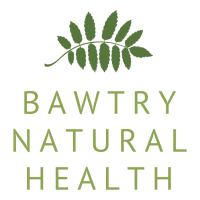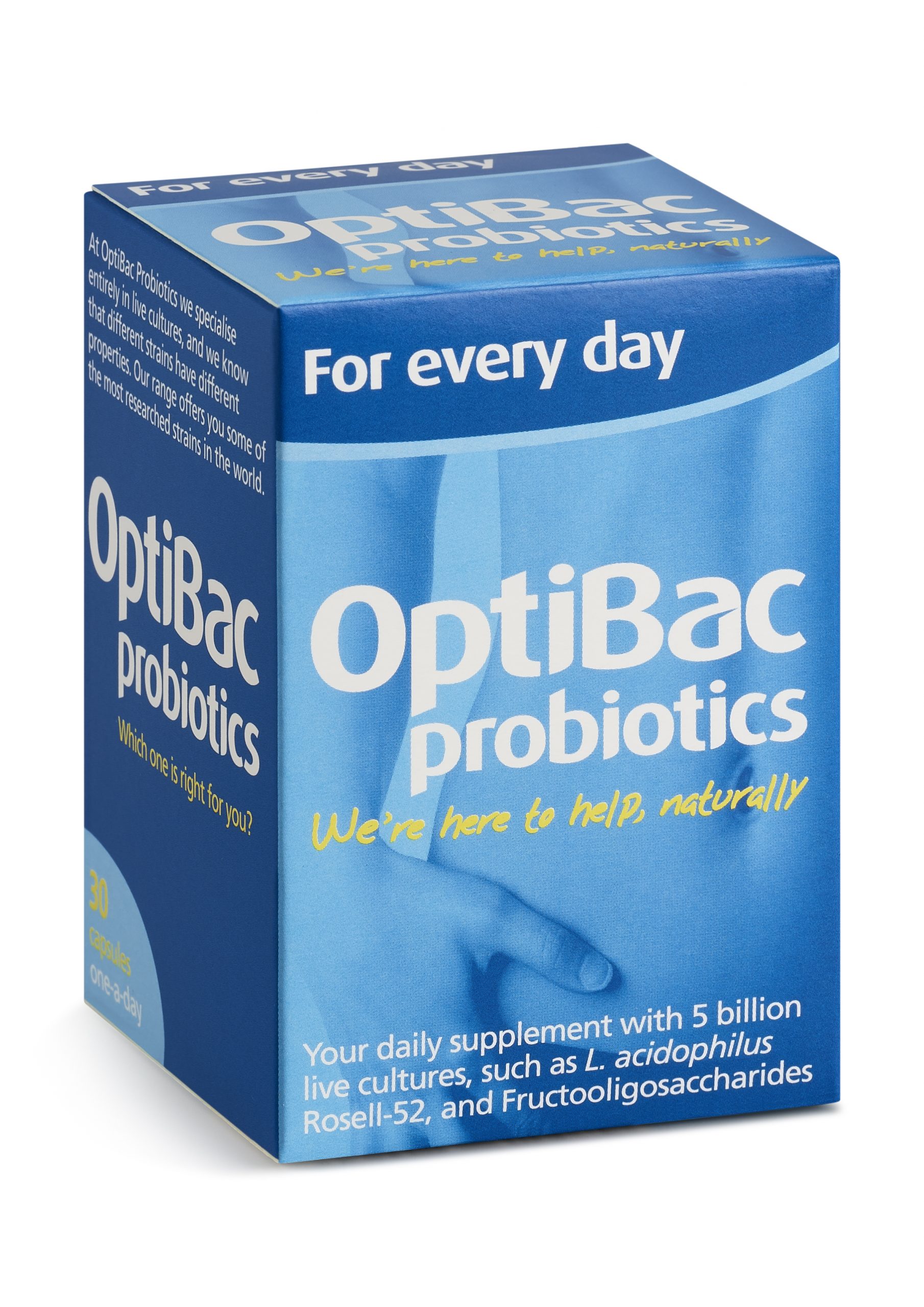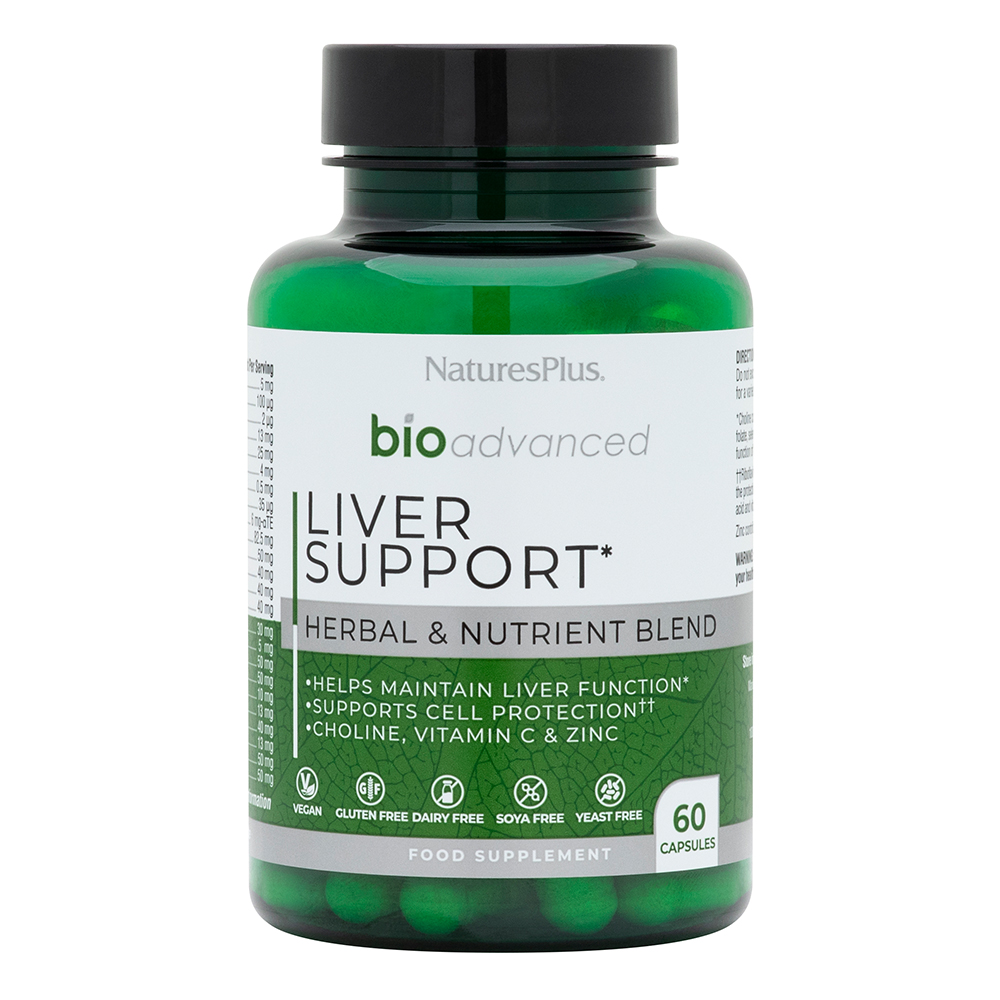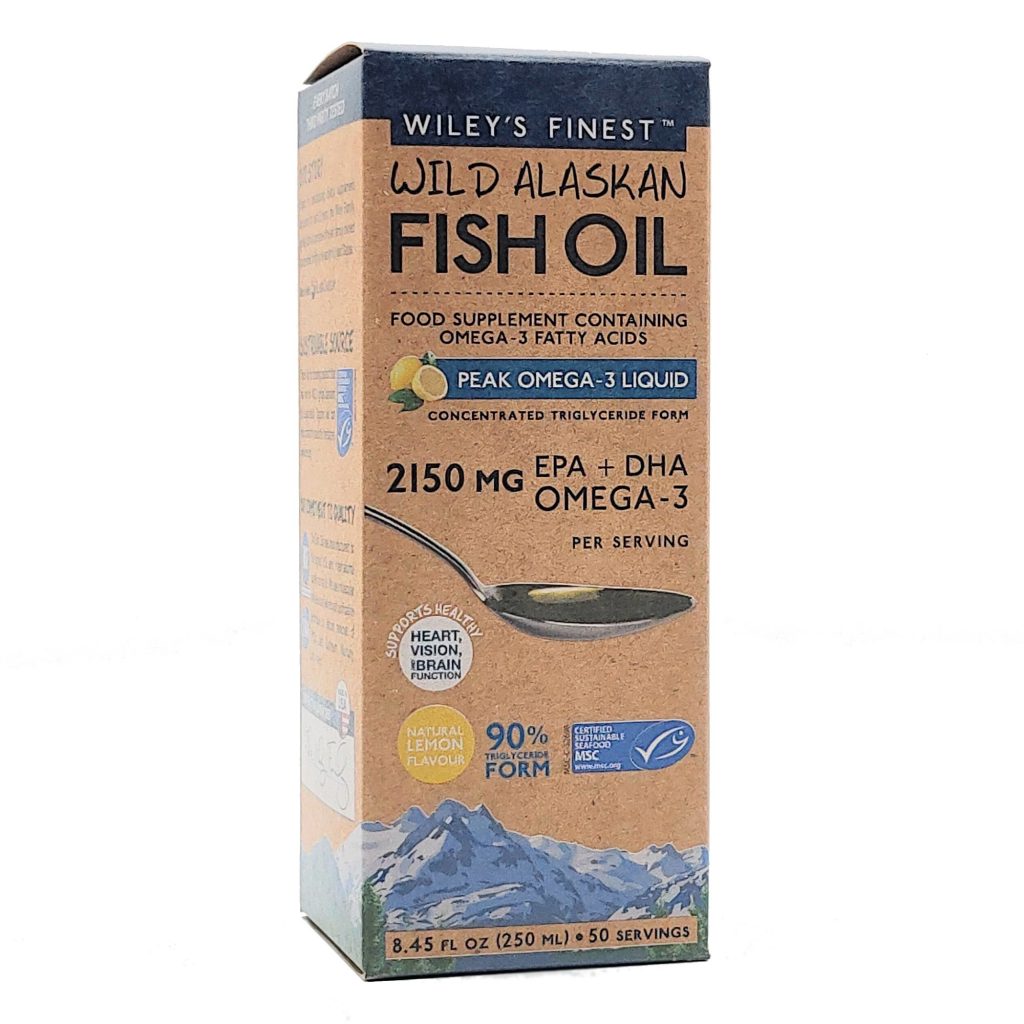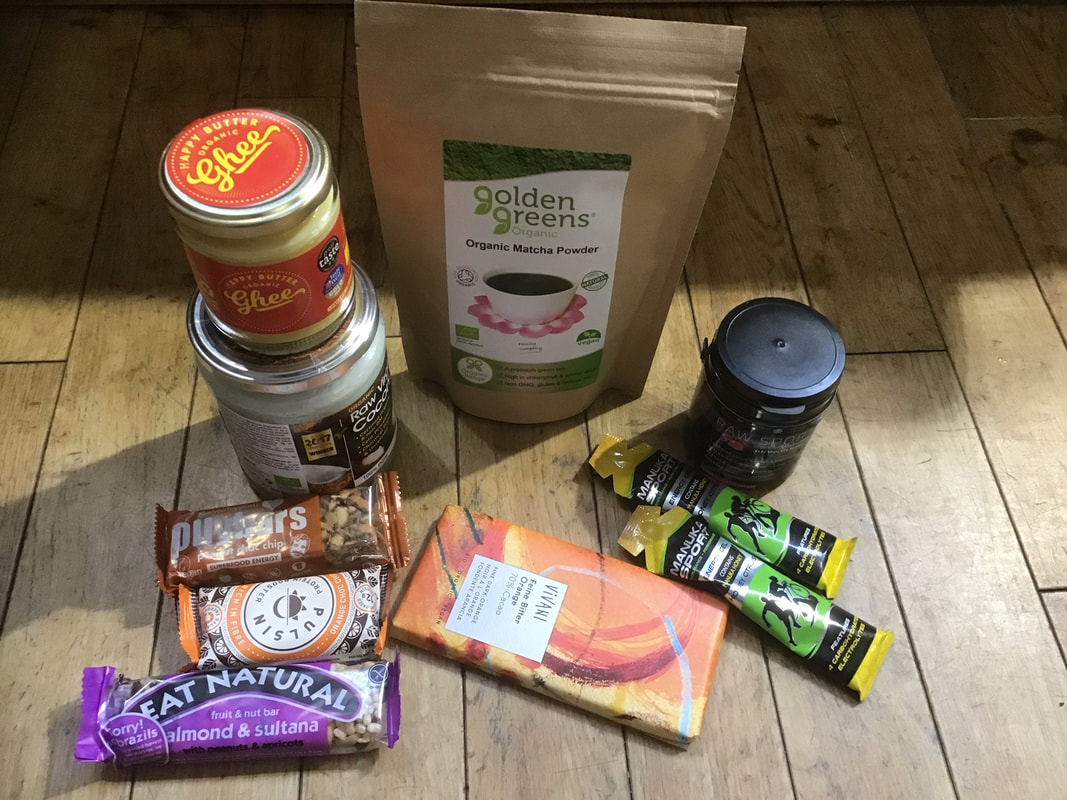By Taz Faruqi BSc HONS, DIP ION, mBANT, mCNHC
You may be surprised to know that the skin is your largest organ. Your skin is an incredible organ, it needs to be waterproof to stop water coming in, yet permeable to help us to sweat and covered in small hairs to trap air to regulate temperature, it has to be strong to be an effective barrier to prevent bacteria entering, yet allow waste products to be eliminated, it has to help to produce vitamin D and store nutrients!

Skin can be an excellent reflection of our inner health and like many areas of our body, such as our gut, mouth and vagina, it is host to a diverse and complex micro-biome which helps regulate our immune system and keep us well. To keep our skin healthy and functioning well, it’s important to consider other areas of the body, as mentioned above, the micro-biome plays an important role in the immune system and through a mechanism called cross talk, the various microbiomes not only talk to the immune system, but each other, preparing for threats and adapting to change.
If one microbiome is compromised the others must react, (just to note, the above mentioned microbiomes are ones that have been researched to date, it’s highly likely in a few years scientist will identify every part of the body has a micro-biome such is it’s importance) when imbalanced gut bacteria can have an influence on the health of the skin and vice versa. As well as a good skincare routine, treatments and the help of a knowledgeable skin/beauty therapist, we highly recommend Claire Louise Charlwood at the Glam Lab in the Dome Doncaster, there are a few things you can do to support your skin and help it look and feel its best.
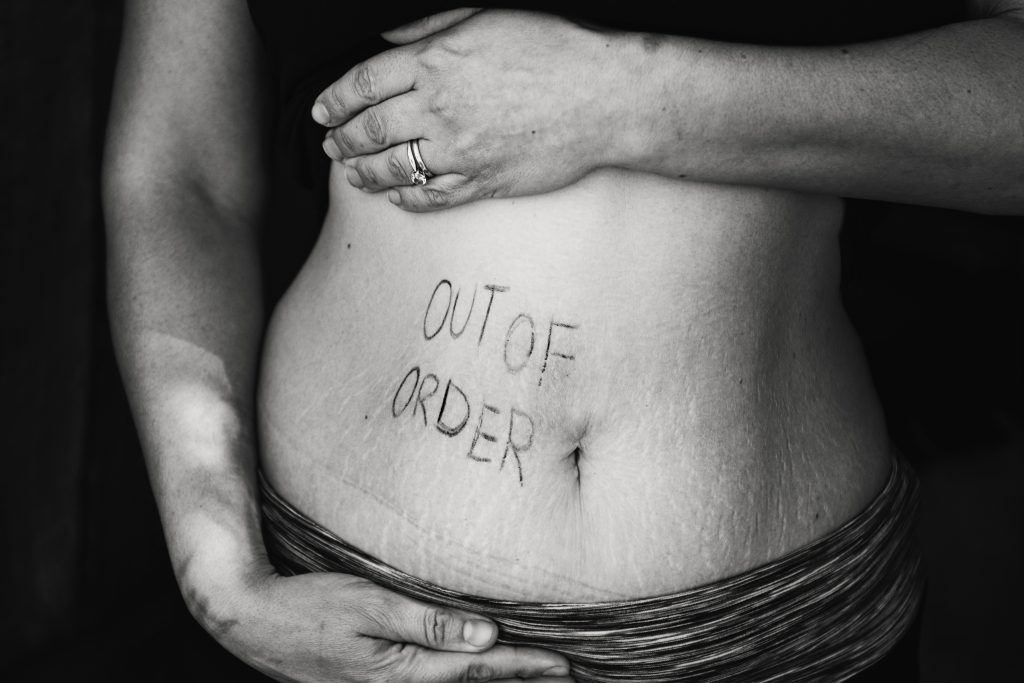
Supporting Gut Health
Stress, Nutrition and Exercise are all important factors in maintaining and improving gut health. Stress has a detrimental effect on “good bacteria” and finding ways to manage stress will help maintain balanced flora in the gut. Wether you run, meditate, read, practice yoga or have acupuncture, it is important to find ways to manage stress.
You are what you eat! What you put in your body will affect your micro-biome. Processed foods, alcohol and foods high in sugar and salt have a detrimental effect on your micro-biome. Keep these foods to a minimum or cut them out if you can. Make sure you eat a rainbow of fruit and vegetables to ensure your diet is diverse enough to provide all your nutrients you and your skin need.
Fermented foods and drink such as Kefir, Sauerkraut, Tempeh, Natto, Cheese, Kombucha, Miso and Kimchi can help to contribute to a diverse gut flora and are a great addition to your diet. Protein is also key to skin health, protein contains amino acids which are essential to the formation of collagen which gives skin its elasticity, adequate protein can help to reduce the signs of ageing. Last but certainly not least drinking plenty of water and staying hydrated positively impacts normal skin physiology, expressed by its hydration and bio-mechanical behaviour.
Medication and Antibiotics
Whilst some medications and antibiotics are necessary there is no getting away from the damage they can do to your gut flora. If you have to take medication especially antibiotics it is extremely beneficial to take a prebiotic and a probiotic to help replenish your gut flora.
Show your liver some love
Look after your liver! Alcohol, sugar, stress and hormones can all burden your liver. Help your liver by reducing these toxins where possible. When something enters your body it needs to be either assimilated or eliminated, obvious routes for elimination are the colon and bladder, less considered channels are the lungs and the skin. When the liver is over burdened, a coping mechanism for the body is to retain water to dilute waste products but this can result in constipation, further raising toxicity. The body will attempt to eliminate through the skin by sweating, however if this becomes excessive the skin can become irritated and inflamed causing breakouts.
Managing inflammation
Part of what gives the skin it’s waterproof properties is the presence of fat and oils. Oils can be either inflammatory or anti inflammatory, too much or too little can be problematic, it’s certainly worth noting that the typically western diet is very high in inflammatory fats, which can cause sore and red skin. Increasing the anti inflammatory oils in your diet (grass fed meat, oily fish, olive oil, nut and seeds) whilst reducing pro inflammatory (trans fats and vegetable oil). Omega 3’s that contain DHA and EPA (fish based) or ALA and LA (plant based) show a beneficial effect on skin.
DNA
There are some things we are born with and even if we are doing all the right things we can’t negate the genetic factors. If you were passed on genes that mean you end up with troublesome skin or you are more prone to skin conditions, you may suffer more than others despite your best efforts. However, regardless of your genetics, you can always make the best of what you have by addressing lifestyle factors.
Supplement Must Haves For Healthy Glowing Skin
Probiotics
We love OptiBac Probiotics, their products are based on scientific research, each of the high quality strains and species they use are featured in many clinical studies. For Everyday also contains FOS to feed your good bacteria and ensure it flourishes. This is a great priced high quality probiotic suitable for most people. Buy Now
Liver Support
Bioadvanced Liver support is a whole food–based blend of nutrients and botanicals tailored to help maintain liver function.
Omega 3 Fish Oils
This amazing fish oil contains is comprised of omega 3 with a mix of EPA and DHA which scientists have found are the components with all the main health benefits. research has shown omega 3 can help with inflammatory skin problems, hormonal balance, maintain homeostasis, improve barrier function and promote skin healing. This high strength Fish oil from Wiley’s finest is the creme del a creme of fish oil, made from wild Alaskan pollock, sustainably fished and traceable. Buy Now
Nutritional Therapy
Don’t get bogged down trying to work out complicated diets! Eat a diverse diet with plenty of fruit, veg and lean protein. Avoid or cut back on processed foods, sugar, caffeine and alcohol. Avoid saturated fats and eat good fats and drink plenty of water. If you would like a personalised plan to help with your skin problems call 01302 719917 and book an appointment with a qualified Nutritional Therapist. If you would like to book a 15 minute free consultation to see how we can help you book here. Or visit our Nutritional Therapy information page.
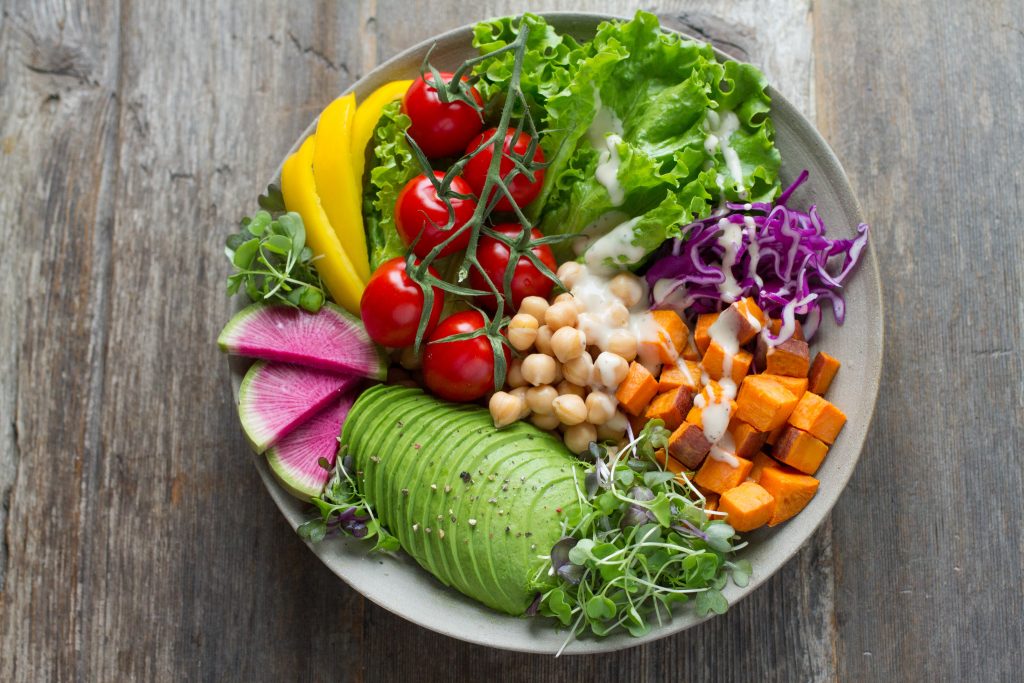
Acupuncture
Five element acupuncture is a whole body treatment working on the nervous system. Acupuncture can help balance your body and reduce stress impacting on skin conditions that are often exacerbated by stress. To find out more click here or call 01302 719917 to book.
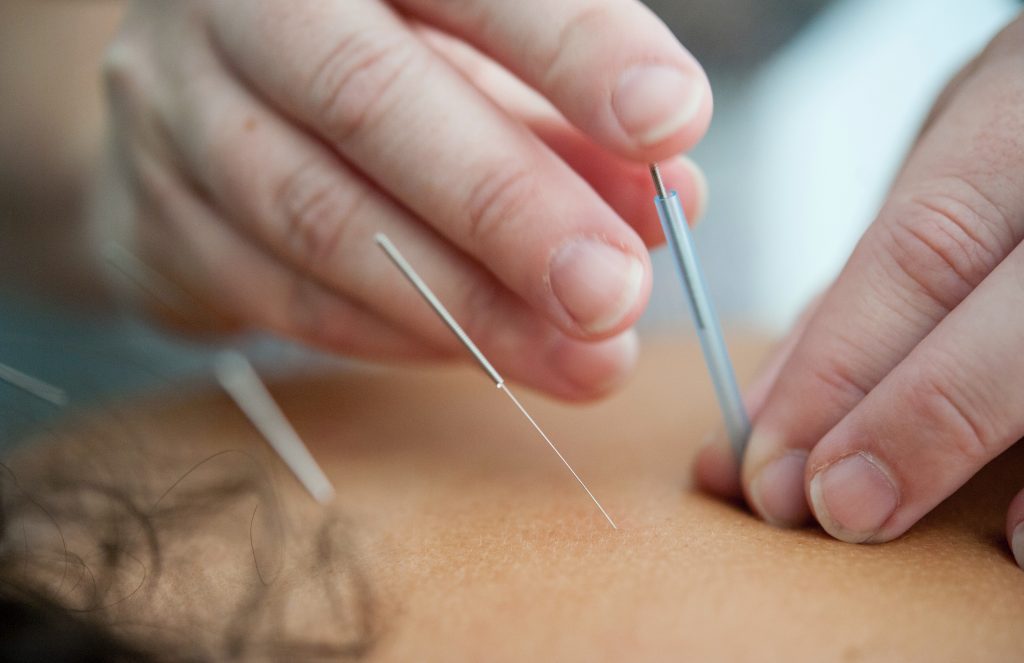
Homeopathy
Homeopathy is a dynamic form of medicine which advocates health and vitality on every level. The aim is to promote healing which is rapid, gentle & permanent. Click here to find out more or call 01302 719917 to book.
References
Bell V, Ferrão J, Pimentel L, Pintado M, Fernandes T. One Health, Fermented Foods, and Gut Microbiota. Foods. 2018 Dec 3;7(12):195. doi: 10.3390/foods7120195. PMID: 30513869; PMCID: PMC6306734.
Huang TH, Wang PW, Yang SC, Chou WL, Fang JY. Cosmetic and Therapeutic Applications of Fish Oil’s Fatty Acids on the Skin. Mar Drugs. 2018 Jul 30;16(8):256. doi: 10.3390/md16080256. PMID: 30061538; PMCID: PMC6117694.
Lunjani N, Ahearn-Ford S, Dube FS, Hlela C, O’Mahony L. Mechanisms of microbe-immune system dialogue within the skin. Genes Immun. 2021 May 15. doi: 10.1038/s41435-021-00133-9. Epub ahead of print. PMID: 33993202.
Palma L, Marques LT, Bujan J, Rodrigues LM. Dietary water affects human skin hydration and biomechanics. Clin Cosmet Investig Dermatol. 2015 Aug 3;8:413-21. doi: 10.2147/CCID.S86822. PMID: 26345226; PMCID: PMC4529263.
Salem I, Ramser A, Isham N, Ghannoum MA. The Gut Microbiome as a Major Regulator of the Gut-Skin Axis. Front Microbiol. 2018 Jul 10;9:1459. doi: 10.3389/fmicb.2018.01459. PMID: 30042740; PMCID: PMC6048199.
